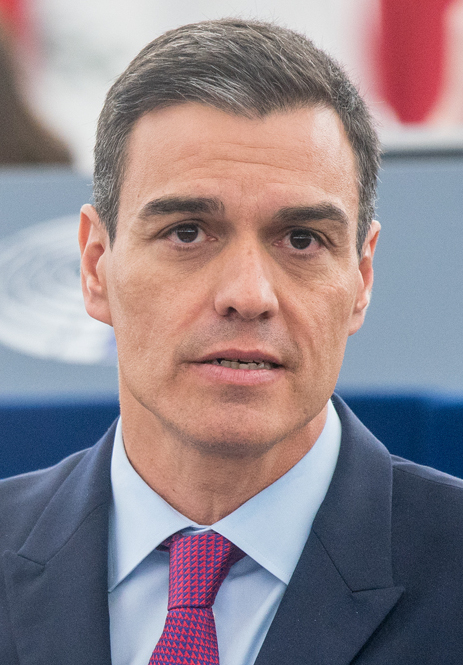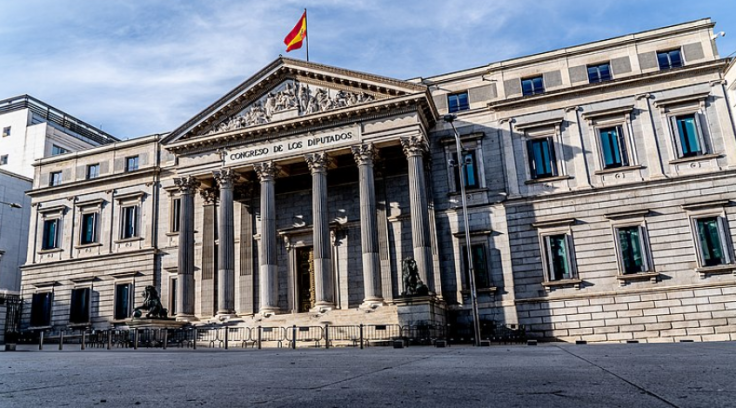Spanish Prime Minister Pedro Sánchez scored a political victory on Thursday as the candidate proposed by his PSOE coalition was elected as the speaker of the Spanish parliament. Withi this victory, Sánchez, whose side was narrowly beaten in the general elections last month, has boosted the chances of securing another term as Spanish prime minister.
Two Catalan nationalist parties aided the PSOE in Thursday's speaker election helping Francina Armengol secure an absolute majority. While the former regional president of the Balearic islands got 178 votes in the 350-seat chamber. Cuca Gamarra, the candidate named by the Popular Party, which emerged as the largest party in the parliament, won only 139 votes. The result also showed that the differences in the conservative coalition have widened, as the far-right Vox party refused to vote for the PP's candidate.

Significantly, two major Catalonian parties -- one in the hard left and the other ultra right -- supported the coalition led by Sanchez. The Catalan parties supported Sanchez's leftists as they are more lenient on the Catalan independent leaders who have been fighting cases since the 2017 independence referendum.
On the other hand, the Vox, which was seen as the natural ally of the PP, has been calling for strict action against the pro-independence movement.

In the election held in July, Spain's right wing parties performed below expectations, leaving Prime Minister Pedro Sanchez's leftist coalition a narrow chance to retain power. Though Spanish Conservative leader Alberto Feijoo claimed victory after his Popular Party became the largest outfit in the Spanish Congress with 136 seats, the road ahead for him remained bumpy.
The Socialists led by Sanchez won 122 seats in the 350-member parliament, two more than its tally in the previous election. However, the ultra-left Sumar alliance won only 31 seats, leaving them at 153 seats. The hard-right Vox party emerged as the third biggest party in the Spanish Congress, having won 33 seats, down from 52 in the previous election.
Catalonian independence parties ERC and Junts won 7 seats each, becoming a strong force in a divided parliament.
The Socialists were more upbeat after the results came in, as the polls had more or less predicted an outright win for the PP-Vox alliance. "The reactionary bloc of regression, which set out a complete reversal of all the advances that we've achieved over the past four years, has failed," Sanchez told supporters. The fact that the PP will have to accept hardline Vox into the government would stop separatist regional parties from extending support to the PP.









